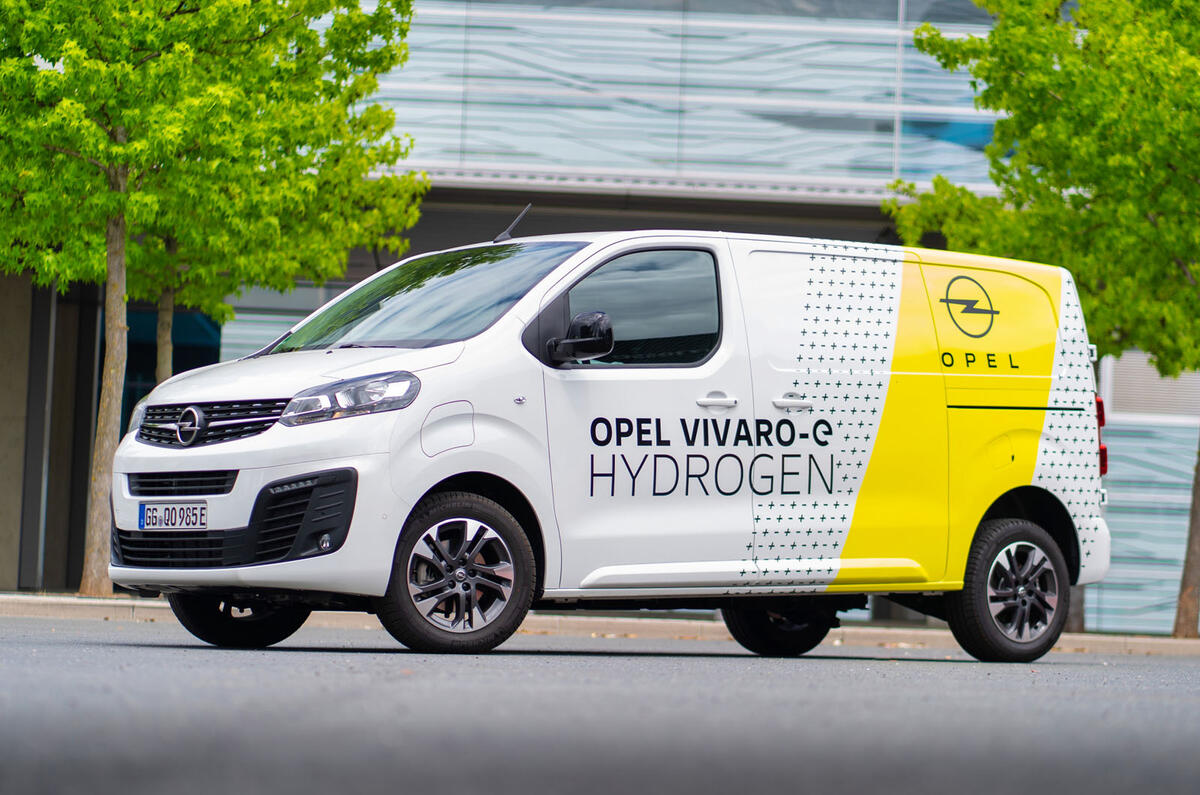Stellantis, the conglomerate that owns brands including Citroën, Fiat and Peugeot, has ended development of hydrogen fuel-cell vehicles.
It has cancelled the launch of its new hydrogen-powered medium and small vans and reassigned research and development staff to other projects.
The company cited the lack of demand for the fuel, prompted by a sparse fuelling infrastructure and high costs, as the key reason for the decision. It added that it does not foresee the wider adoption of hydrogen-powered vans until the 2030s at the earliest.
The high level of investment required to develop and build the vans was also a major factor in their cancellation, it said.
“The hydrogen market remains a niche segment, with no prospects of mid-term economic sustainability,” said Jean-Philippe Imparato, Stellantis’s chief operating officer for Europe.
The company will refocus its efforts on hybrid and electric vehicles to meet “demanding CO2 regulations in Europe”, he added.
Staff at the factories that would have been responsible for building the vans – in Hordain, France, and in Gliwice, Poland – will not be laid off.
Stellantis is not alone in giving up on hydrogen: as recently reported by Autocar, BMW is considering not bringing its first fuel-cell car to the UK when it launches in 2028. “We sincerely hope that the infrastructure will develop further, because right now the UK is not in a condition where [launching] would make sense,” said Jürgen Guldner, head of BMW’s hydrogen vehicle project.
In February, Renault’s hydrogen van joint-venture Hyvia went into liquidation due to infrastructural challenges and high investment requirements.







Join the debate
Add your comment
At last, another company finally gets it. Just a shame they didn't spend the R and D money on advancing their lacking BEVs.
Credit to the Stellantis PR team mangering to keep this announcment low key.
Hydrogen goes pop.
Regarding my low key point, just seen this article is now in the main news section. Apologies.